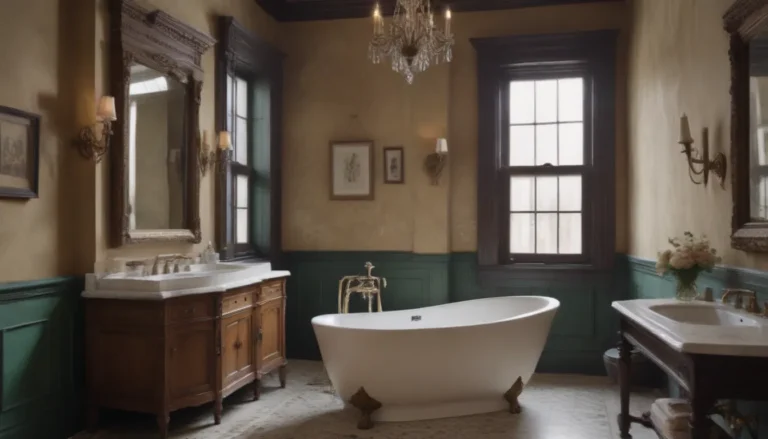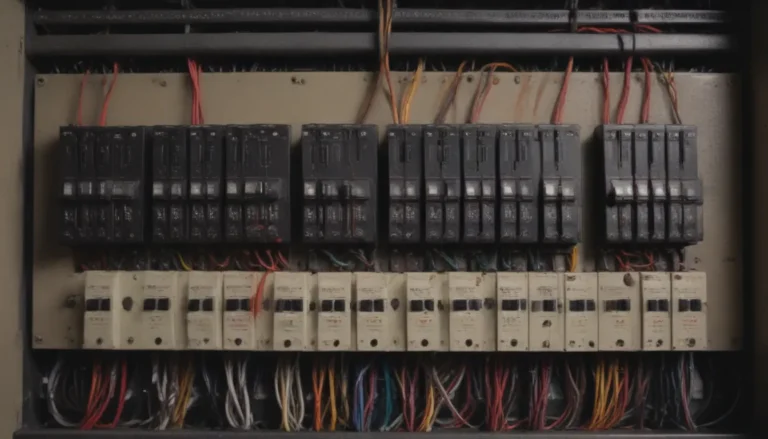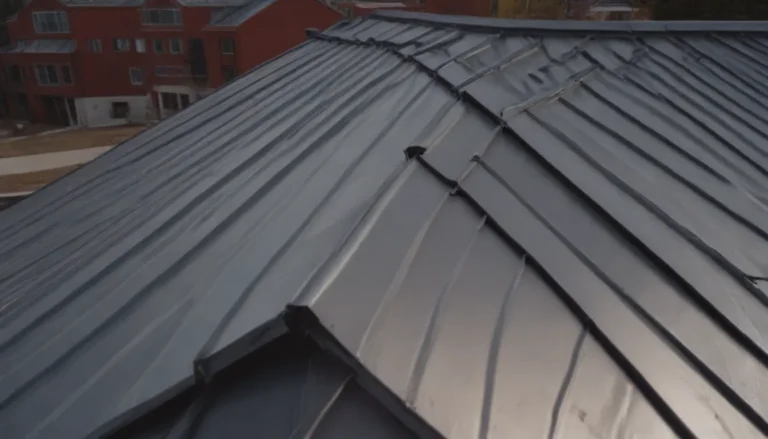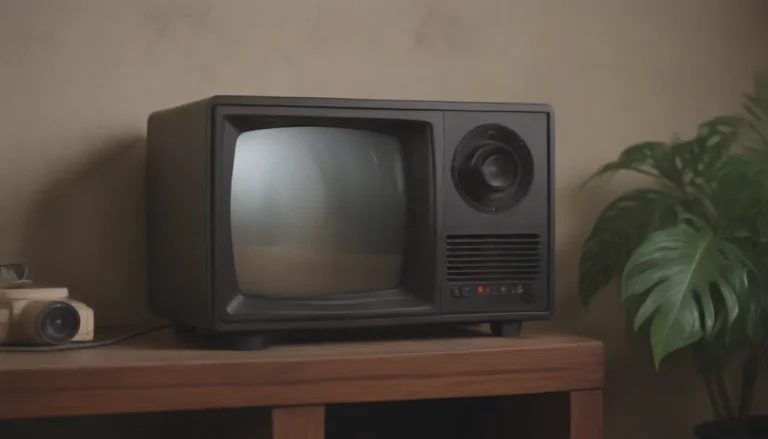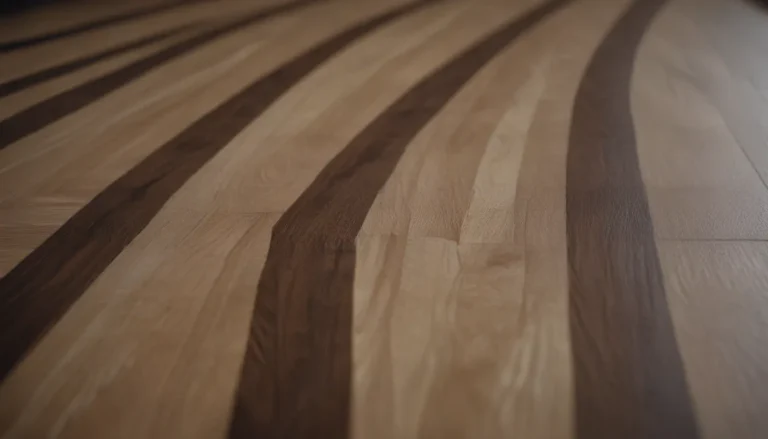Everything You Need to Know About Water Softeners: A Comprehensive Guide for Homeowners
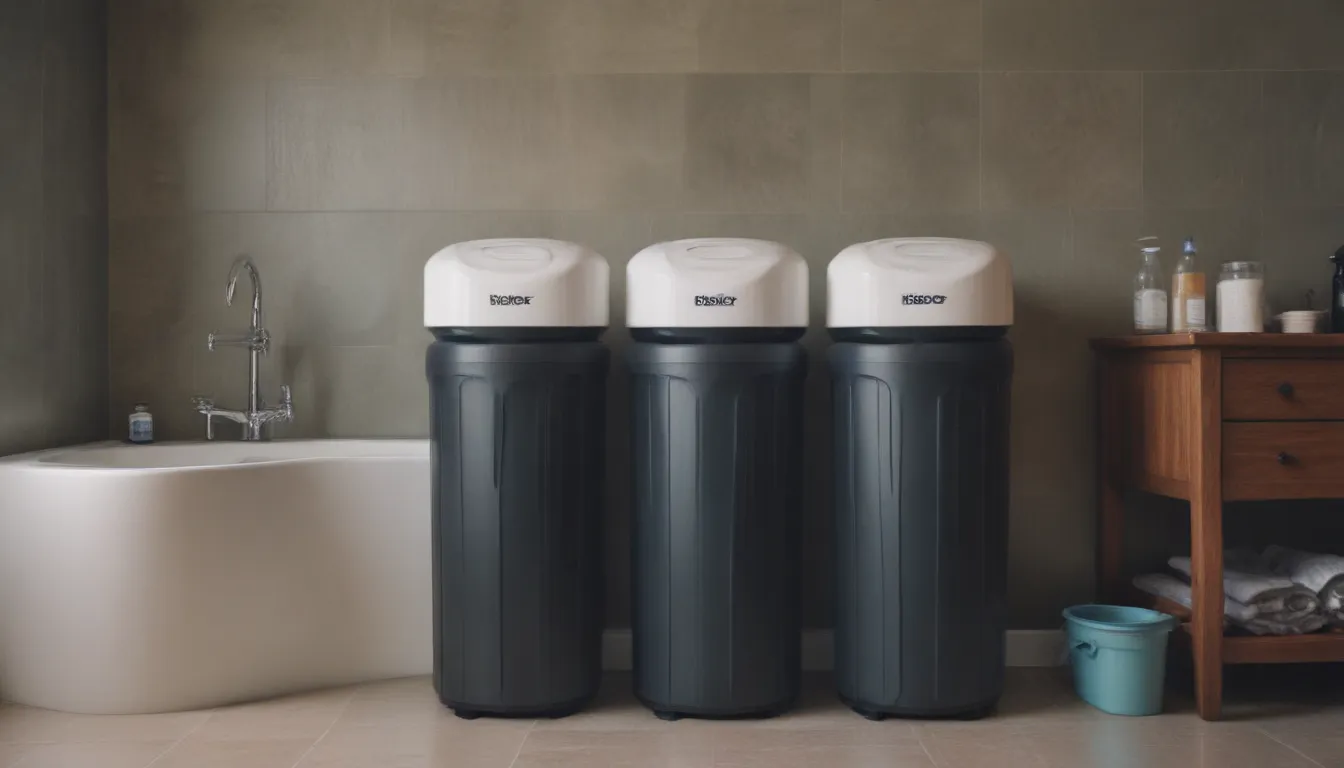
Are you tired of dealing with hard water and the issues it causes in your home? Water softeners are the solution you’ve been looking for! These handy devices remove heavy minerals like calcium, iron, and magnesium from your water supply, resulting in better-tasting, better-smelling water that is gentler on your skin and hair. But with so many different types of water softeners available, how do you know which one is right for your home?
In this comprehensive guide, we will break down the key differences between six types of water softeners to help you make an informed decision. Whether you’re looking for a whole-home system or a small, budget-friendly option for your shower, we’ve got you covered. So sit back, relax, and let’s dive into the world of water softeners!
Salt-Based Water Softeners
Salt-based water softeners, also known as ion exchange water softeners, are the most commonly used type of water softener. These systems draw heavy minerals like calcium and magnesium into a resin, then release sodium ions to complete the ion exchange process. While these systems do add minimal amounts of salt to your water, the difference is typically unnoticeable.
One drawback of salt-based water softeners is that the resin needs to be regularly recharged. There are two main types of salt-based water softeners: metered systems that regenerate automatically after a specific volume of water has passed through, and timed systems that regenerate on a set schedule. Prices for salt-based water softeners range from $400 to $1,000, with options available for all home sizes. These systems typically last between 10 and 15 years with proper maintenance.
- Best for: Whole-home use
- Adds salt to water
- Requires regular maintenance
- Budget and high-end options available
Salt-Free Water Softeners
If you’re looking to avoid adding salt to your water, a salt-free water softener may be the right choice for you. These systems utilize a template-assisted crystallization (TAC) process to neutralize minerals in the water without using the ion exchange process. While salt-free water softeners have a higher initial cost compared to salt-based systems, they require significantly less maintenance.
Salt-free water softeners are not as effective for households with high water usage or very hard water. Prices for these systems range from $500 to $3,000, with an expected lifespan of about 10 years.
- Best for: Those who want to avoid adding salt to water
- No added salt
- Higher initial cost
- Lower maintenance than salt-based systems
Dual-Tank Water Softeners
Dual-tank water softeners are designed with two resin tanks, allowing one tank to always remain functional while the other undergoes a salt regeneration cycle. These systems are best suited for large homes with high water consumption, as they can accommodate larger volumes of water and heavy minerals.
Dual-tank water softeners are more expensive than standard salt-based systems, with prices reaching up to $6,000 or more. These systems require regular maintenance and may not be necessary for average-sized homes.
- Best for: Large homes with high water consumption
- Second tank offers higher volumes of softened water
- More expensive than standard systems
- Require a lot of space
Magnetic Water Softeners
Magnetic water softeners, also known as water descalers, work by neutralizing heavy minerals using a magnetic field. These systems do not remove minerals from the water but prevent them from binding together and causing scale deposits in your plumbing system.
Magnetic water softeners are affordable, compact, and easy to install. They are a great option for renters or homeowners looking for a budget-friendly solution to hard water issues. Prices for magnetic water softeners range from $200 to $400 on average.
- Best for: Renters or homeowners with limited space
- More affordable than other systems
- Small size
- Does not actually remove minerals from water
Reverse Osmosis Water Softeners
Reverse osmosis water softeners use high pressure to force water through a semipermeable membrane, filtering out minerals, metals, and nitrates. These systems are typically installed under the sink and are designed for point-of-use water treatment.
While reverse osmosis water softeners are effective at filtering contaminants, they are limited to treating water at a single point in your home. Prices for reverse osmosis systems range from $100 to $1,800, with an expected lifespan of 10 to 15 years.
- Best for: Under-sink installation
- Filters contaminants and minerals
- Point-of-use system
- Can be expensive
Shower Head Water Softeners
Shower head water softeners are designed to remove minerals from the water as it passes through the shower head, resulting in softer water for bathing. These systems are affordable, easy to install, and ideal for homeowners looking to improve water quality without installing a whole-home system.
Prices for shower head water softeners range from $20 to $100, with cartridge filters requiring replacement every three months. These systems are a budget-friendly option for those looking to enjoy the benefits of softened water in the shower.
- Best for: Improving water quality for bathing
- Affordable
- Long product life
- Filters must be replaced regularly
Choosing the Right Water Softener for Your Home
When it comes to choosing a water softener for your home, there are several factors to consider. Homes with high water consumption may benefit from salt-based systems with dual tanks, while average water use may be better suited to single-tank systems or TAC systems. If you only need to treat water at specific points in your home, consider under-sink or shower head water softeners.
If you’re unsure which type of water softener is best for your needs, don’t hesitate to consult a plumber for advice. They can help you determine the best system for your specific home and water quality needs.
In conclusion, water softeners are an essential investment for homeowners looking to improve water quality and protect their appliances from the damaging effects of hard water. With a variety of options available, there is a water softener to fit every home and budget. So say goodbye to hard water issues and hello to better-tasting, better-smelling water throughout your home!
